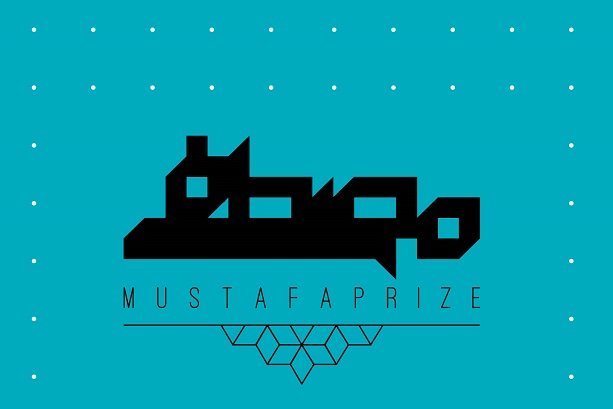According to the Public Relations Department of Mustafa (PBUH) Prize, the top science and technology award of the Islamic world was granted to two scientists which reflects interesting points.
In recent days, the first round of Mustafa Prize was held and Professor Jackie Ying from Singapore and Professor Omar Yaghi from Jordan (Jordanian-American) won the top science and award of the Islamic world. Muslim scientists who were able to overtake the prize from other competitors, particularly Iranian scientists and researchers, because of their outstanding achievements and reaching unique results.
Accordingly, it can be concluded that the Mustafa Prize which was established in 2012 by the approval of Supreme Council of the Cultural Revolution with the aim of encouraging science and research in the OIC member states could, at its very first step, prove its fairness and justness.
This is therefore very important because the purpose of the formation of this prize named after the holy prophet of Islam and his emphasis on science and education, to one of his titles, Mustafa which means 'Chosen', is to develop scientific relations between science and technology institutions of the OIC member states and even beyond that, the whole world and in that regard, nothing is more important than relying on scientific elements and being fair and just.
In other words, the organizers of the Mustafa Prize aimed at big objectives. In the first round they have demonstrated that they are not selecting the winners based on the bureaucratic decisions and they do not intend to depart from the principles established for this prize. Otherwise, there would be four winners instead of two, because this prize is awarded in four categories namely, “Life Sciences and Medicine”, “Nanoscience and Nanotechnology”, “Information and Communication Technologies”, and “Top Achievements in General Fields”. The candidate scientist must be a citizen of the 57 member countries of the OIC in the first three categories while in the fourth one the citizenship criteria is not mandatory but the scientists must be Muslim.
So based on the events of the first round, one must be optimistic about the future of this award and expect that the continuation of it leads to identification of Muslim scholars around the world and as a result, a scientific convergence is established among the Islamic countries.
It is also important to note and explore why Iranian scientists and researchers have failed to earn this award in this round of the event. It must be explored and examined whether it is because of the lack of required facilities and if the answer is yes what should be done to fix it.
MS/PR

























Your Comment